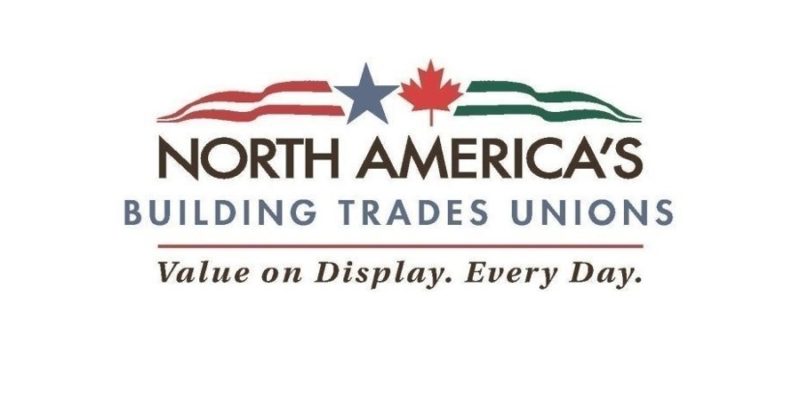Sean McGarvey, Contributor
President – North America’s Building Trades Unions (NABTU)
06/21/2017 09:01 am ET
Once upon a time, conservative columnists like George Will could have been counted upon to offer thoughtful, reasoned and, most importantly, well-researched analysis on public policy issues.
Sadly, that academic approach to public policy debate has seemingly been forsaken, and Mr. Will’s recent column lambasting the federal Davis-Bacon Act as an inherently racist law is a case in point.
Furthermore, his unconscionable choice to elevate Rep. Steve King (R-IA) as an arbiter of intelligence on this issue, when the combative and isolated Congressman has proven himself over and over to be stunningly offensive, morally repugnant, disingenuous and completely fact-free when it comes to the issue of prevailing wage laws, is disappointing.
As a matter of historical record, Sen. James J. Davis (R-PA), Rep. Robert L. Bacon (R-NY) and countless others supported the enactment of the Davis-Bacon Act precisely because it would give protection to all workers, regardless of race or ethnicity.
The overwhelming legislative intent of the Act was clear: all construction workers, including minorities, are to be protected from abusive industry practices. Mandating the payment of local, “prevailing” wages on federally-funded construction projects not only stabilized local wage rates and labor standards for local wage earners and local contractors, but also prevented migratory contracting practices which treated African-American workers as exploitable indentured servants.
But rather than taking the time to understand the actual workings and characteristics of the U.S. construction industry as it exists today, along with the original intent of the Davis-Bacon Act which has evolved over the years to occupy an important role in preventing the erosion of community wage and benefit standards for minority workers, Mr. Will embraced an indolent approach that simply mimicked the talking points provided to him by the special interest groups who are leading the charge to repeal this important law.


